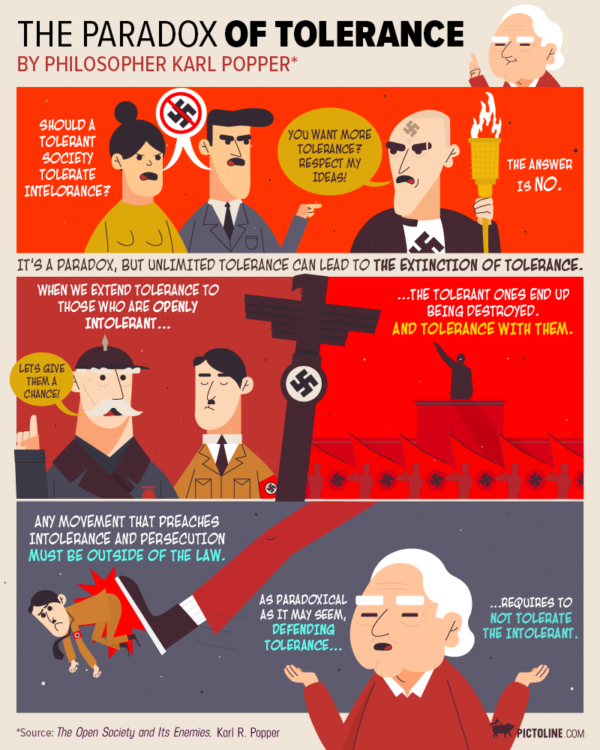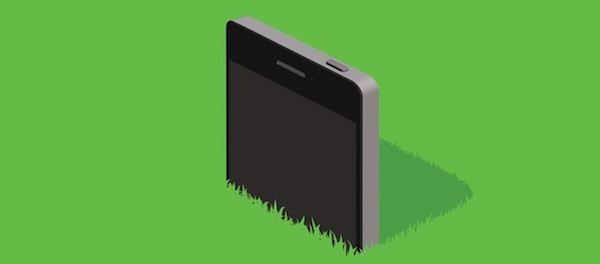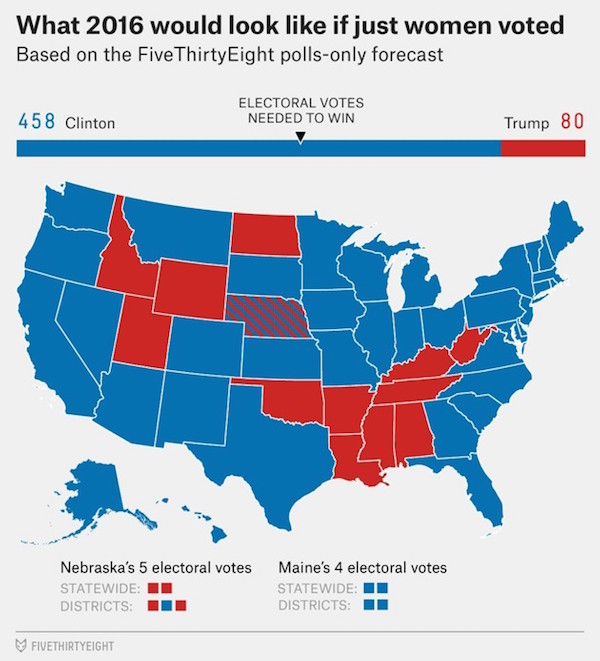What’s something lots of people love that you totally don’t get?

Also, they could have made the fish guy way hotter.
Here’s the thing about this beautiful, fanciful, fairy tale about seeing beyond the surface of a person, misfits banding together against conformity and fascism, and accepting your weirdness as something that can be loved.
I totally wasn’t into it.
I realize on paper that it has those messages, all of which I’m for. Aesthetically, it did all sorts of things I tend to love. But The Shape of Water left me totally tepid.* And now it’s getting all this award season buzz up against movies that I absolutely understand why everyone loves.
*my best guess for why: the creature never intentionally does anything to make Elisa fall in love with him; it just happens because of what he is. so there’s no wooing, no courtship, no earning it, no “falling” in love, just a woman in love with an idea, which makes for an unsatisfying romance.
Some of my favorite critics loved this movie. I just don’t feel it. I almost feel guilty about not feeling it. It’s the kind of thing that makes me question how my own brain works.




